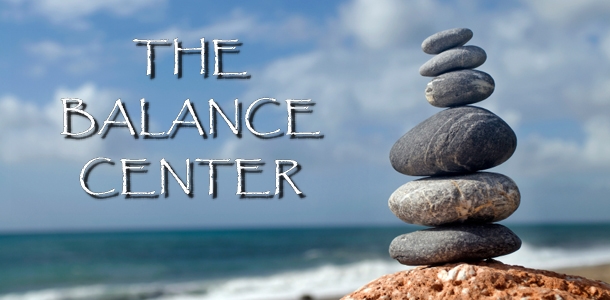Do you have a case of cognitive dissonance?
- 21
- April
- 2021
Cognitive what?? You may wonder, why we’re asking if you have a case of cognitive dissonance. We’re asking because it’s common and uncomfortable. It’s a term that often gets used in psychology.
Cognitive dissonance is a type of mental discomfort that happens when there are two conflicting beliefs, values or behaviors in our mind. For example, we may have a belief that our health is very important. Yet, we may not practice healthy eating or exercise on a regular basis. Cognitive dissonance can result because our behaviors are not in line with our beliefs. This can cause anxiety and stress.
Leon Festinger, a social psychologist, known for developing the concept of ‘cognitive dissonance’, said, “When dissonance is present, in addition to trying to reduce it, the person will actively avoid situations and information which would likely increase the dissonance.”
We’re talking about this subject because people seem to be feeling a lot of uneasiness and cognitive dissonance. Actually, those feelings can also come from what is going on in our communities and our world right now. There’s a lot of of change and social unrest that can contribute to conflicting beliefs.
We’d like to think that all people would want to share peace and love with each other. However, backgrounds, upbringing, and values may differ. As a society, we are experiencing some problems, yet we don’t have a consensus as to how to solve them. This can lead to cognitive dissonance along with anger, anxiety and sadness.
In relationships, cognitive dissonance results when people are not congruent. An example of this occurs if people are thought to be truthful, but instead they lie. This can also happen in emotionally abusive relationships where a person is loving and attentive at times and then switches completely to be angry and emotionally destructive at other times. Bosses at work can also be nice at times and then harsh and demeaning other times. These types of relationships contribute to feelings of anxiety from the cognitive dissonance.
The pandemic can add to the feelings of conflict. Guidelines are always changing and can vary from city to city and state to state. New concerns and guidelines are updated almost daily so people are expected to let go of their beliefs to adopt the new beliefs. David Palmer said, “I suspect that a lot of the stress we see around us arises from the cognitive dissonance set up by one side of the brain hearing very plausible spin while the other side knows it just ain’t so.”
Sometimes for families and children, there are conflicting messages. In-person school is on – then it’s off. Sports games are on – then they’re off. Parents and children scramble to adjust to the rules. They may experience some cognitive dissonance or confusion about all these changes in their daily routines.
Okay, enough of pointing out the problems that contribute to cognitive dissonance. Now, let’s look at what we can do about it!
As we said, most everyone experiences cognitive dissonance in some form or another in their life. When that happens, it may help to ask ourselves some questions. First ask, how important is it that I resolve the cognitive dissonance that I am feeling? What beliefs do I have that are conflicting? What behaviors, or beliefs, do I need to change? Also, we always have to keep in mind what we can control and what we can’t control. When we know the difference, we can make good choices about what actions to take.
In our communities and the world, what we can do is be the best person we can be, loving and inclusive. Foster positive relationships by reaching out with compassion and understanding for others who may have different views.
With conflicting health information regarding the pandemic, we can stay informed so that we can make good choices. For anything we face, if we look at both sides of competing views, it can contribute to fruitful discussions and positive outcomes.
We also realize that faith can make a big difference in how we face the cognitive dissonance that we’re experiencing in today’s world. Your Higher Power is an anchor and constant that can give strength and support. Prayer and meditation help to bring clarity and reduce anxiety. And, as always, walks in nature give time to think clearly.
What about you? What areas are you feeling cognitive dissonance? As we seek to overcome cognitive dissonance, a mindset of gratitude can help us be thankful for all we have, even in the midst of these challenging times.
Chanhassen MN residents, Doug and Lynn Nodland are success coaches and owners of The Balance Center in Excelsior. Contact them at WeCare@TheBalanceCenter.com
© Doug and Lynn Nodland 2021 Articles and videos may be shared in their entirety with attribution.
Search:
Categories
Archives
- April 2024
- March 2024
- February 2024
- January 2024
- December 2023
- November 2023
- October 2023
- September 2023
- August 2023
- July 2023
- June 2023
- May 2023
- April 2023
- March 2023
- May 2021
- April 2021
- March 2021
- February 2021
- January 2021
- December 2020
- November 2020
- October 2020
- September 2020
- August 2020
- July 2020
- June 2020
- May 2020
- April 2020
- March 2020
- February 2020
- January 2020
- December 2019
- November 2019
Contact Us
Doug Nodland J.D.
684 Excelsior Boulevard
Suite 120
Excelsior, MN 55331
952-452-2664
WeCare@TheBalanceCenter.com

